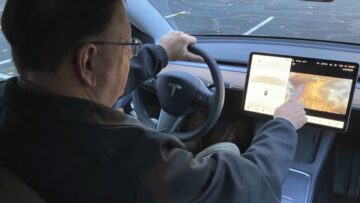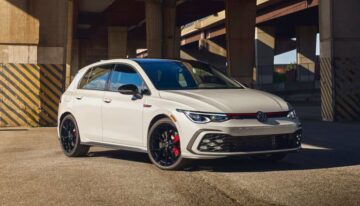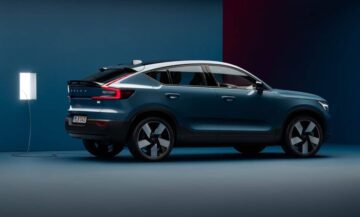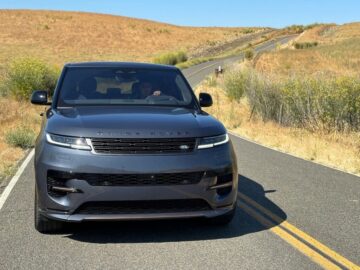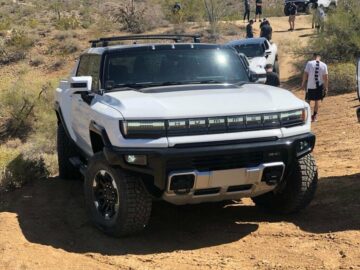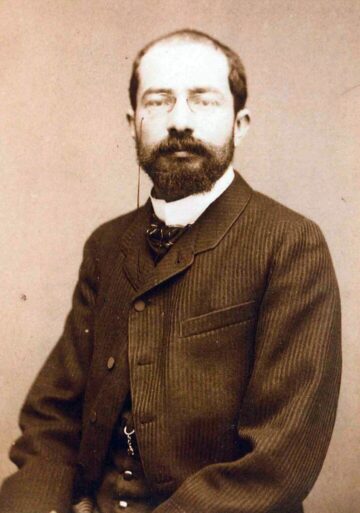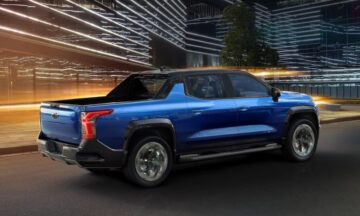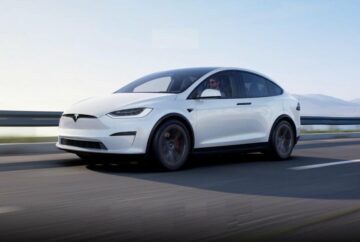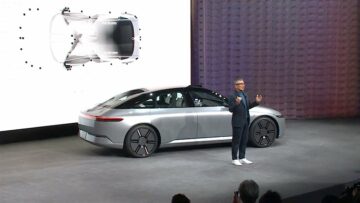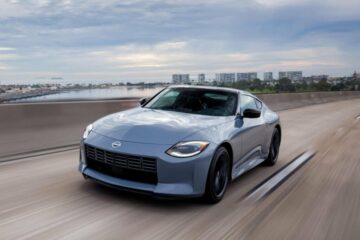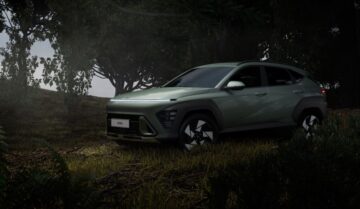President Joe Biden’s recently unveiled $2.3 trillion infrastructure and jobs proposal includes big bucks for the creation and promotion of electric vehicle use and infrastructure.
The proposal calls for $174 billion to boost EVs. It also calls for $100 billion in new consumer rebates and $15 billion to build 500,000 new EV charging stations, according to a Transportation Department email seen by Reuters.
This is good news for the environment, the pocketbook of the American family and the United States’ industrial base, said Joe Britton, executive director of the Zero Emissions Transportation Association (ZETA).
The organization is a lobbying group whose members include manufacturers and service providers such as Tesla, Uber, Lucid, Rivian, Lordstown Motors, ConEdison and LithiumAmerica.
Proposal helps U.S. stay on top

The administration is looking to spend $174 billion in EV manufacturing, infrastructure and incentives.
ZETA’s goal is to promote the adoption of EVs and the creation of EV infrastructure in the U.S., he said adding that Biden’s infrastructure proposal provides the funding needed to make that goal a reality.
“This is a huge opportunity,” Britton said. “Adopting EVs can save consumers a lot of money, not just in fuel costs, but in maintenance and service costs. The Department of Energy (DOE) last week just put out a report that power costs to run an EV for a year range between $500 and $800. Compare that to the fuel costs of running an Internal Combustion Engine (ICE) vehicle for a year, which is more than $1,000.”
Britton said Biden’s $174 billion proposal to invest in EV manufacturing, infrastructure and purchasing incentives is a big move, but one that’s needed right now.
He also said that money will go toward investing in the country’s manufacturing base. By helping the entire manufacturing supply chain, places like the Upper Midwest, where people are “hardwired” to make things, can make a real difference in the lives of communities that have been left behind in the new economy.
Pushback aimed at larger proposal, not EVs
As to political push back against Biden’s proposal, Britton said it’s only natural that there be some.

The Biden administration should expect bi-partisan support for the EV portion of the newly revealed $2.3 trillion infrastructure plan.
But the $174 billion for EV promotion and infrastructure is only part of the much-larger $2.3 trillion proposal.
“Honestly, all the push back I’ve seen has been at the macro level,” Britton said. “It’s $2.3 trillion. There will be some negotiations at the margins of the proposal. But I don’t know of anyone who is opposed to serious infrastructure investment. We’ve seen Republicans question the package at large, but I haven’t heard anyone say they’re against investing in transportation electrification.”
Britton said that he’s optimistic about Biden’s efforts going through. Both the House and Senate leadership are pushing hard for the proposal.
“And it’s hard to imagine a congressman or senator voting against something that could create thousands of jobs in his or her district or state, no matter what party he or she belonged to.”
Just the start of a lengthy process
The whole process is in its earliest stages, Britton said, noting a series of Congressional hearings will precede any votes. Of course, once out of committee, the voting and reconciliation will take time.
“Biden and the Congressional leadership have said they want to get this done,” Britton said. “They’ve shown real determination and real leadership. That’s why we’re optimistic. This proposal, if done right, can set up the United States to be the world leader in EV technology.”
It can reinvigorate the country’s industrial base, help save lives by improving the environment and create good-paying jobs while revitalizing the supply chain in regions of the country that have traditionally been the heart of the U.S. manufacturing economy.
Something for everyone
All the positives far outweigh the negatives, and the proposal can really kickstart the economy, Britton noted. The new EV rebates would be a potential big boost to U.S. automakers, especially General Motors and Tesla, which no longer qualify for $7,500 rebates after they sold more than 200,000 zero-emission models.
The plan also calls for $20 billion for electric school buses, $25 billion for zero-emission transit vehicles and $14 billion in other tax incentives.
All of this will create support with the public in addition to support from some of the country’s biggest and most innovative companies. All in all, Britton said he likes some positive form of the proposal’s chances of passing.
- Absolute
- Adoption
- American
- auto
- automakers
- biden
- Biggest
- Billion
- border
- build
- Buses
- chances
- charging
- charging stations
- Communities
- Companies
- consumer
- Consumers
- Costs
- credit
- Customers
- Department of Energy
- Department Of Energy (DOE)
- Director
- DOE
- economy
- Electric
- electric vehicle
- Emissions
- energy
- Environment
- EV
- executive
- Executive Director
- family
- Focus
- form
- Fuel
- funding
- General
- General Motors
- gif
- good
- Group
- House
- HTTPS
- huge
- ICE
- industrial
- Infrastructure
- investing
- investment
- IT
- Jobs
- Joe Biden
- large
- Leadership
- Level
- light
- lobbying
- Macro
- manufacturing
- Members
- money
- move
- news
- Opportunity
- Other
- People
- plugin
- power
- president
- president joe biden
- promote
- promotion
- proposal
- public
- range
- Reality
- report
- Republicans
- Reuters
- Run
- running
- School
- Screen
- Senate
- Senator
- Series
- set
- sold
- spend
- start
- State
- States
- stay
- supply
- supply chain
- support
- tax
- tax credit
- Technology
- Tesla
- time
- top
- transit
- transportation
- u.s.
- United
- United States
- vehicle
- Vehicles
- Video
- Voting
- week
- WHO
- WordPress
- world
- year
- zero



